Ambassador: ‘Cyprus Needs Pope Francis’ Words of Peace & Hope’
Exclusive Interview with Cyprus’ Ambassador to the Holy See, H.E. George Poulides, About Papal Trip to Cyprus
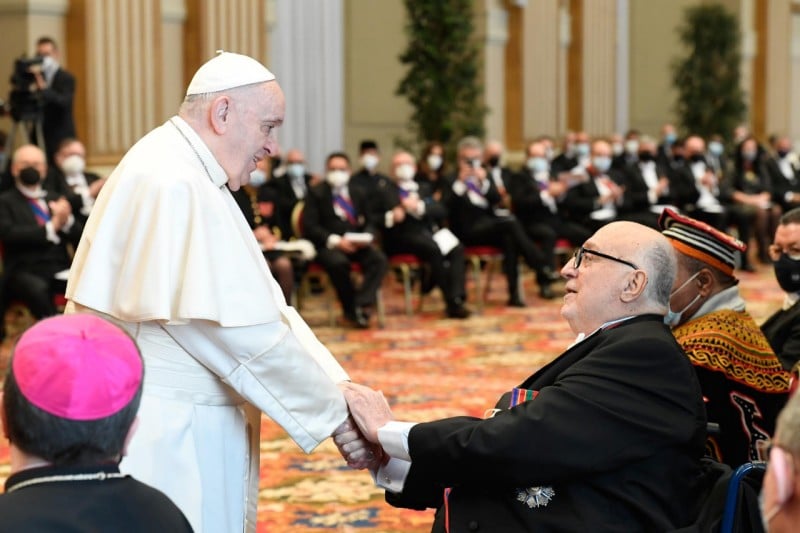
Cyprus, as a nation, is a model for the “culture of encounter and coexistence”, therefore the Cypriot people hope Pope Francis will bring them a message of peace, a message “highlighting, as well, the injustice of the Turkish military occupation that still divides the country and its people.”
Today, Cyprus’ Ambassador to the Holy See, Mr. George Poulides, was in Larnaca, Cyprus’ international airport, to welcome Pope Francis upon landing. Among the press traveling with the Pope on the papal flight is Exaudi’s Editorial Director and Senior Vatican Correspondent.
The Leader of Cyprus’ Catholics: ‘Pope Comes to Teach & Learn’
In this interview, the ambassador speaks of his joy and pride to welcome the second visit of a Pope to his country in 11 years. But Ambassador Poulides, who is also the dean of the diplomatic corps from around the world accredited to the Vatican, does not hide the difficult reality that – he says – the Cypriot people hope Pope Francis will highlight: namely, the division of the island into two parts, dating back to the Turkish invasion of the northern part of the Island in 1974.
“Greek Cypriots and Turkish Cypriots are brothers, victims of a military aggression,” Poulides affirms; “Cyprus needs the Pope’s impartial message of peace, given the difficult situation the island is facing in its occupied area.”
***
EXAUDI: Your Excellency, Pope Francis is arriving in Cyprus. What kind of welcome do you believe he will find?
AMBASSADOR GEORGE POULIDES: It’s a great joy and honor for us that His Holiness Pope Francis is visiting Cyprus. The people of Cyprus, the President of the Republic, Mr. Nicos Anastasiades, its institutions, its churches, communities and cultures are happy and proud of this historical event. After Benedict XVI, 11 years ago, for a second time in our modern history, a Pontiff is visiting the apostolic island of Cyprus. Cyprus is in need of His Holiness’ words of peace and hope, in order to regain its unity and freedom.
EXAUDI: What is the general opinion Cypriots have about Pope Francis?
AMBASSADOR GEORGE POULIDES: His Holiness represents for us a spiritual leader, a moral authority but also an expression of virtuous “soft power” in world politics. Cypriot people share Pope Francis’ vision of peace and social justice. The country esteems his tireless efforts and enlightening vision against poverty, exclusion and injustice. It also hopes that His Holiness will bring a message of peace in Cyprus highlighting as well the injustice of the Turkish military occupation that still divides the country and its people.
EXAUDI: What are the relations with the small Catholic minority in Cyprus?
AMBASSADOR GEORGE POULIDES: Multiculturalism has been part of the identity of Cyprus for many years. But it has also been its power. We have always had excellent relations with the Roman Catholic groups of Maronites and Latins, as well as the Armenians of Cyprus, and this great relationship can be attributed to common principles and values. According to the Constitution of the Republic of Cyprus, they are an equal and integral part of the society of Cyprus.
By a referendum held in 1960, the Maronites, the Armenians and the Latins of Cyprus collectively chose to belong to the Greek Cypriot community and have since been regarded as its members. Through various initiatives, we promote and showcase, in several ways, each religious group’s religion, history and culture.
I would like to stress our strong conviction that, together with the members of the Maronite and Latin religious groups, we do suffer the same way from the continued occupation of a large part of our homeland, and we do feel that a solution to the national problem would give a different great potential to our country and to all its legal residents, Greek Cypriots, Turkish Cypriots, Maronites, Armenians and Latins.
EXAUDI: Cyprus is a country of ancient Orthodox tradition. In your opinion, what are the most important challenges facing the Cypriot Orthodox Church?
AMBASSADOR GEORGE POULIDES: Cyprus is an apostolic land with Christian roots dating back two millennia but also a model for the “culture of encounter and coexistence”. Our society today includes churches and ethnic groups that came to live on this island in harmony. The Christian Orthodox Church but also the other Christian Churches of the island, the Maronite, Latin, Armenian and Protestant, should work together for greater unity between them and dialogue with those who are not Christians. It is a matter of coexistence and not of mere tolerance. Only by patient work, a mutual trust can be built, the burden of history overcome, and the political and cultural differences between people become a motive to work for deeper understanding.
EXAUDI: The island of Cyprus, as you mentioned, is still divided between a part occupied by the Turks in the north and the rest of the island in the south. What consequences does this division have on the life of the country?
AMBASSADOR GEORGE POULIDES: The division of the island is the most tragic consequence of the Turkish military invasion that occurred in 1974 and consequent occupation of over 36% of the territory of the Republic of Cyprus since.
As a result of the Turkish military invasion and occupation, 162,000 Greek-Cypriots fled their homes becoming refugees in their own country. At the same time, the vast majority of Turkish-Cypriots living in areas controlled by the legitimate government were forced to leave their homes and move, owing to Turkey’s coercive policy, to the Turkish-occupied territory of the Republic of Cyprus.
Moreover, Turkey has implemented a systematic policy of settlement of the occupied part of Cyprus since 1974 with the mass transfer of more than 160,000 Turks from Turkey in order to change the demographic profile and alter the population balance on the island. It also aims to change the balance of power and the social fabric in the occupied part of Cyprus, to ensure that the Turkish-Cypriot leadership conforms to the policies of the Turkish government. With the mass migration of Turkish-Cypriots from the occupied territories, the total number of Turkish soldiers and settlers is now greater than the remaining Turkish-Cypriots.
From a humanitarian point of view, another tragic consequence of the Turkish invasion of Cyprus in the summer of 1974 regards the people who went missing.
EXAUDI: Do you think the Pope will address this question in his speeches? And how?
AMBASSADOR GEORGE POULIDES: In his messages, the Pope promotes the peaceful solution of even very complex problems such as the Cypriot question. Greek Cypriots and Turkish Cypriots are brothers, victims of a military aggression. Cyprus needs the Pope’s impartial message of peace, given the difficult situation the island is facing in its occupied area. It would be desirable that this message also asserts the cause of such suffering, namely the military illegal occupation of the northern part of the Republic. We hope that the Pope shares our vision for a free and reunited Cyprus, a model of peaceful coexistence and prosperity of all its citizens and a pillar of stability, peace and security in the Eastern Mediterranean. A just solution must provide for the complete withdrawal of all foreign troops, and should not recognize invasive rights to any country.
EXAUDI: One issue that the division of the island brings with it is the loss of the Christian cultural heritage in the part occupied by the Turks. What message do you expect from the Pope regarding this issue?
AMBASSADOR GEORGE POULIDES: After the 1974 Turkish invasion, many monuments, churches and archaeological sites in the occupied areas were pillaged. Religious symbols, mosaics, and other cultural treasures have been stolen and sold abroad by smugglers of antiquities. This terrible ordeal could be also considered as part of an ethnic cleansing and a great cultural loss for the entire humanity. We look forward to the Pope’s support in order to ensure protection and respect for our sacred monuments and our cultural heritage that belong to our history.
EXAUDI: Thank you very much for your time, Ambassador Poulides. Best wishes for the Pope’s visit to your country.
Related
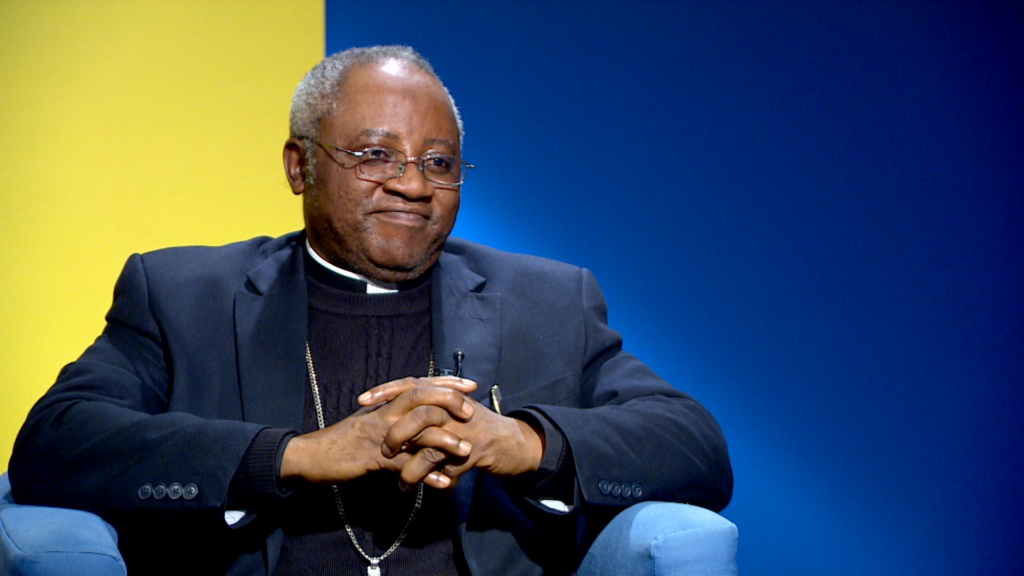
Despite hardships, Christianity is growing “astronomically” in northern Nigeria
Ayuda a la Iglesia Necesitada
10 April, 2025
3 min
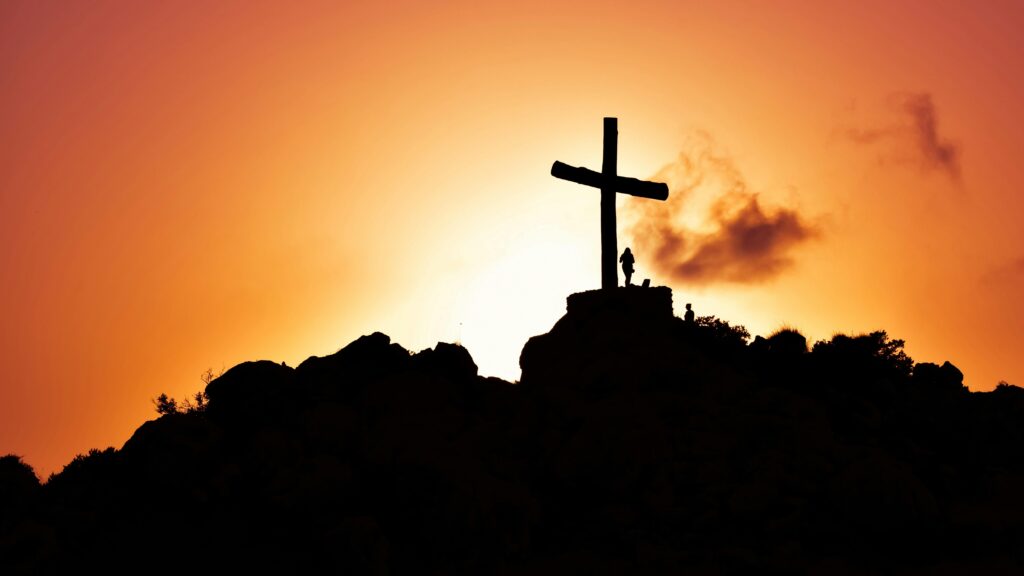
“Christianity, a Powerful Engine of Social Transformation”
Exaudi Staff
09 April, 2025
3 min
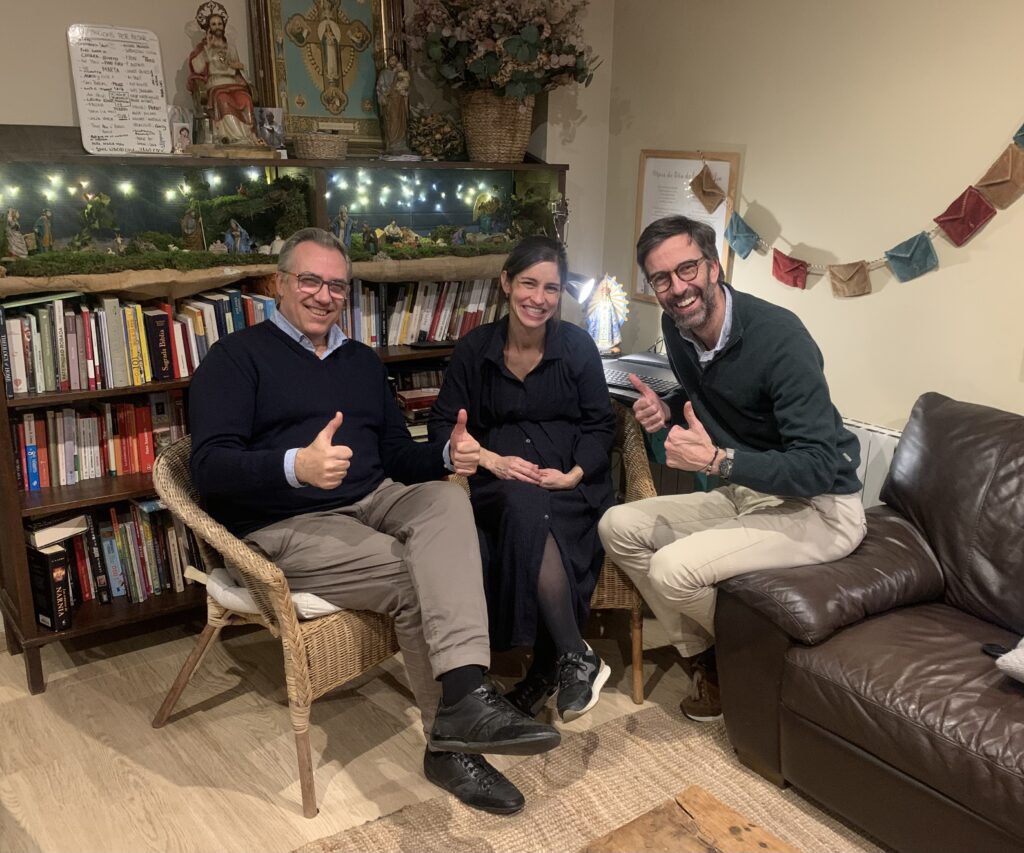
Let God be God
Albert Cortina
11 March, 2025
25 min
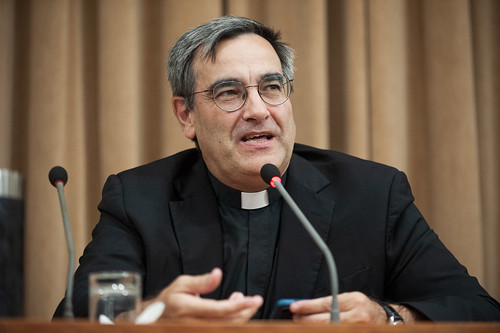
Fernando Puig, new rector of Santa Croce
Fundación CARF
19 February, 2025
6 min
 (EN)
(EN)
 (ES)
(ES)
 (IT)
(IT)

